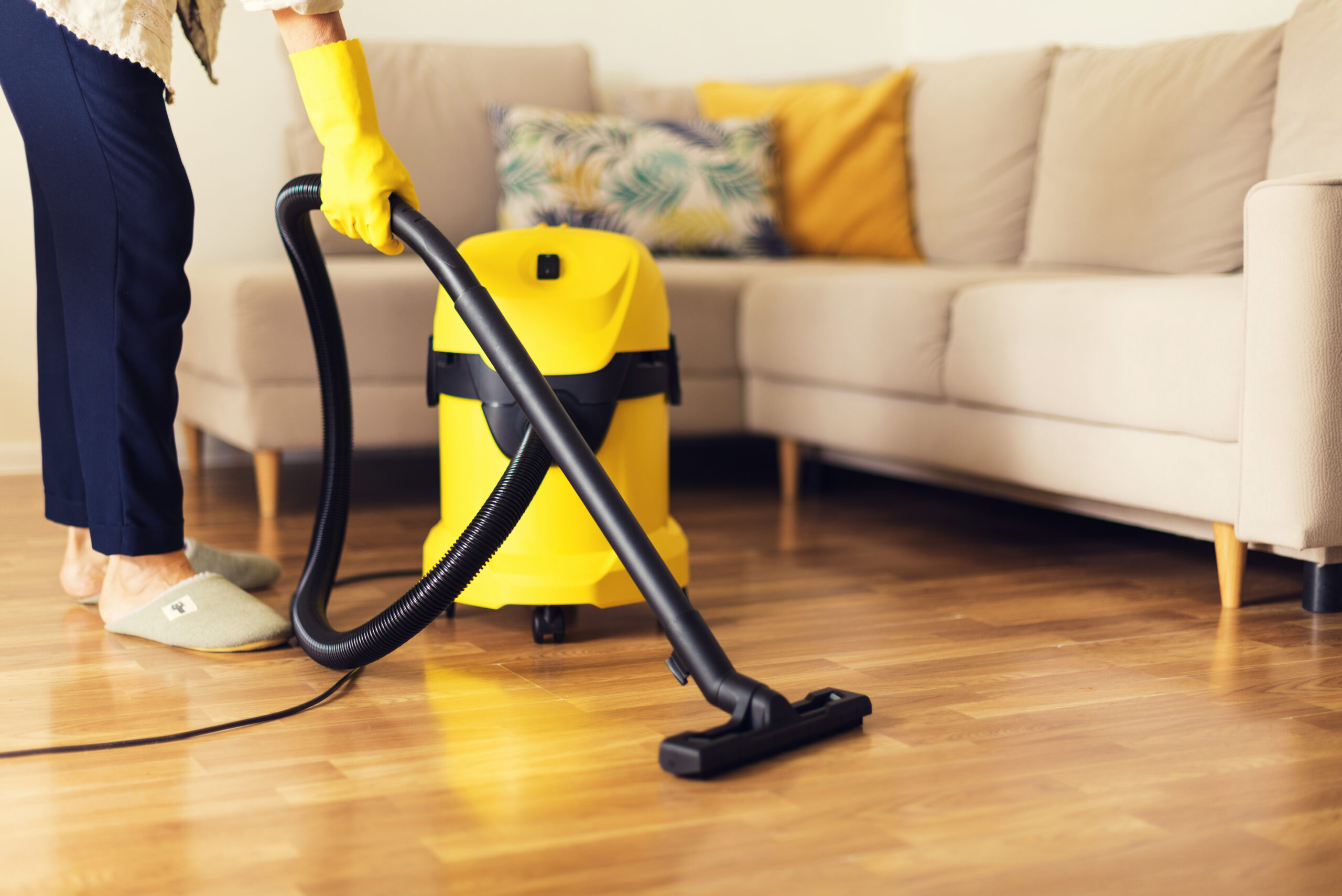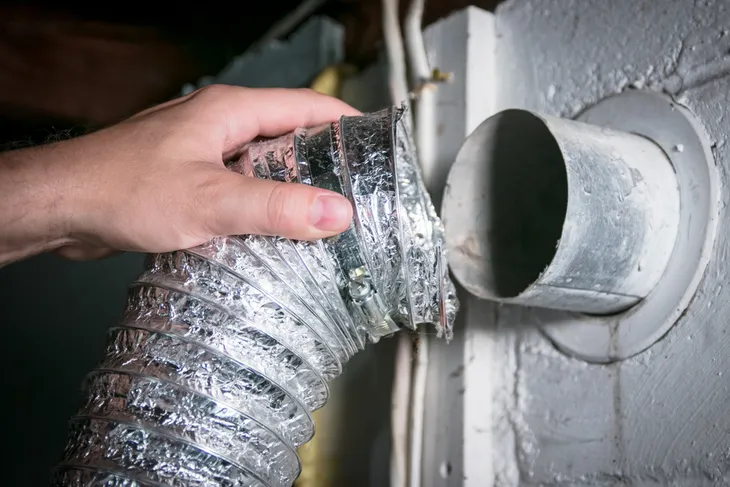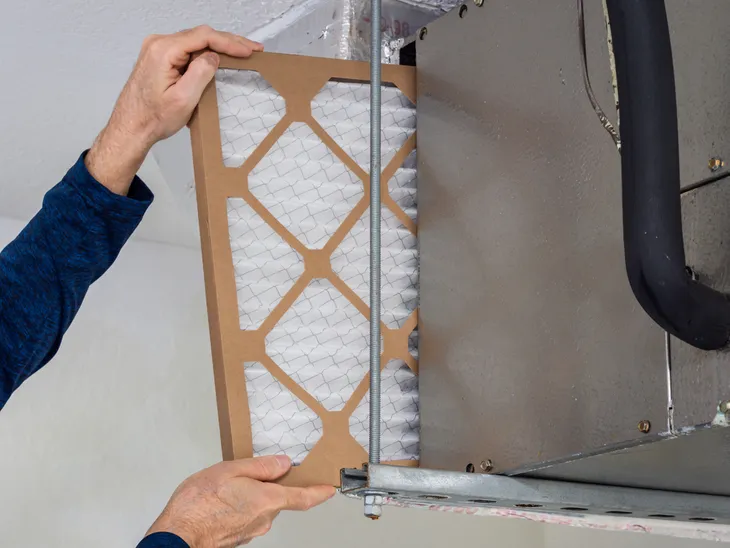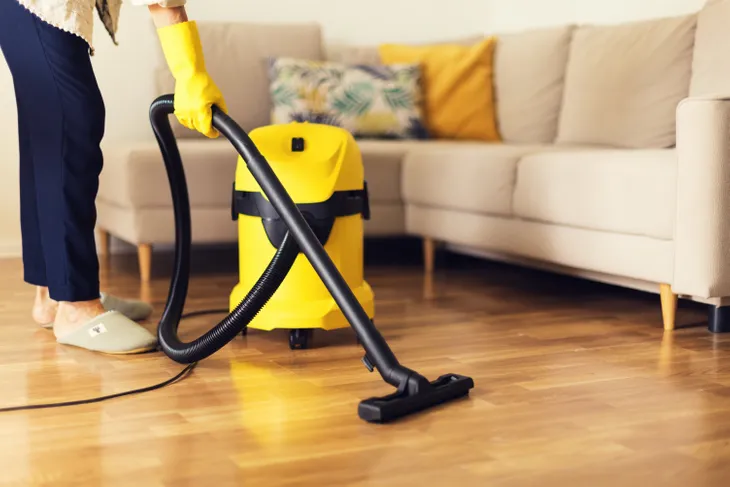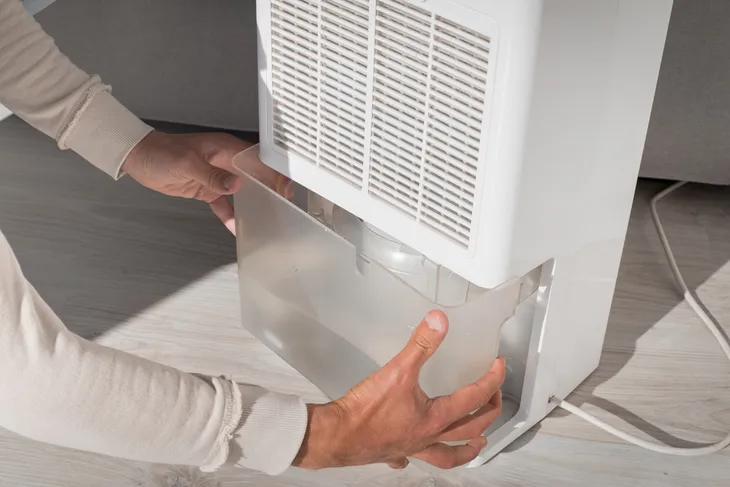We hear about air pollution outdoors all the time, but few know that indoor air quality can actually be a lot worse. The U.S. Environmental Protection Agency (EPA) notes that Americans spend an average of 90-percent of their time indoors, and many are breathing in contaminants they’re not aware of.
The EPA also states that indoor air quality can be up to 100 times worse than outdoor air quality from contaminants such as gas appliance emissions and certain insulations, with increased risks in winter when the windows are shut and there’s less air circulation. However, there are several ways to reduce the impact of unhealthy air indoors, and here are five of them…
1. Get Your Ducts Cleaned
It’s tough to see inside your ductwork, but there are many problems that can exist in ventilation systems—such as dust, mold, and even rodent droppings or insects. These contaminants can be pushed into indoors by a furnace or central air conditioning system, and may not even be visible to the eye.
Make sure you consult a trusted company when considering duct cleaning, as not all contractors offer the same thoroughness in their work. Ask them to identify the potential pollutants before going ahead with the cleaning, and strive to eliminate the problem at its source afterward or the problem will likely reoccur, advises the EPA.
2. Change your Furnace Filter
Furnace filters are a solid line of defense in catching harmful particles as they pass through your ventilation system, but the filters are often neglected and become clogged. Experts generally suggest changing your standard filter every 1 to 2-months for a high-efficiency furnace unit, and to choose a high-rated filter that will remove the smallest particles from the air.
The amount of time it takes for your HEPA (High-Efficiency Particulate Air) filter to become dirty could depend on other factors such as how many shedding pets you have, and if there are smokers in your household, according to an article on BobVila.com. Electrostatic filters, which are the most expensive furnace filter variety, can be used for years with proper maintenance, noted the same website.
3. Put that Vacuum to Work
Your carpets may look clean, but the truth is there are many dust mites and other contaminants that can easily be stirred up and end up in your lungs. If you’ve found your allergies acting up, or have other symptoms you can’t really explain, there’s a good chance your floors could be the culprit.
Vacuuming is likely no one’s favorite thing to do, but the American Lung Association recommends vacuuming regularly using a high-efficiency vacuum bag/filter to combat these unpleasant indoor conditions that are could literally be making you tear up. Using a vacuum with a HEPA filter will ensure the toxins will not be recirculated when you’re done the job.
4. Reduce Indoor Humidity
Indoor humidity in the warmer months is not only unpleasant (not to mention making it very difficult to sleep through the night), it can also magnify already poor indoor air conditions and create harmful mold. The Canada Mortgage and Housing Corporation (CMHC) warns that excessive humidity can even affect your structural integrity.
Simple fixes for humidity from CMHC include adding a dehumidifier in the basement during all seasons except winter, when it is very dry. The organization said condensation is caused by warm air entering and hitting a cold surface, so ensure your space is adequately heated. Upgrading to more efficient windows can help with this problem, noted the CMHC.
5. Take your Cigarette Break Outside
We already know that smoking is unhealthy, but second-hand smoke from cigarettes can become trapped in your indoors and contribute to an unsafe environment even when you’re not smoking. Health Canada says cigarette smoke contains more than 4,000 chemicals including deadly carbon monoxide, and that the toxins can spread throughout your space even if you smoke in one place all the time.
Health Canada notes that second-hand smoke indoors is especially dangerous to younger children, whose lungs are still developing. Air purifiers are not an adequate fix, as many cancer-causing agents can pass through the filters, noted the agency. The only real way to reduce this problem is to commit to smoking outside away from open windows and doors.
